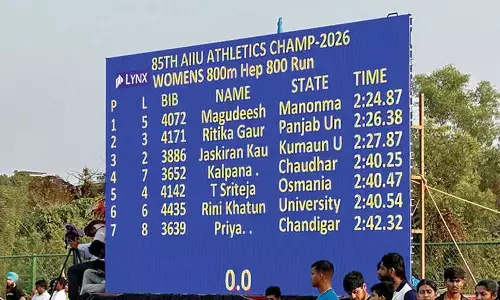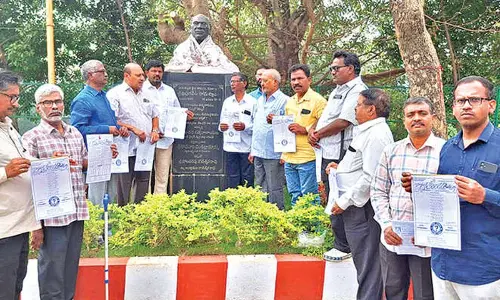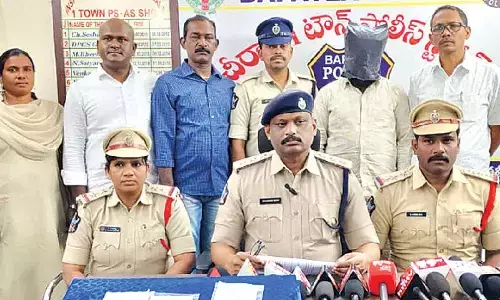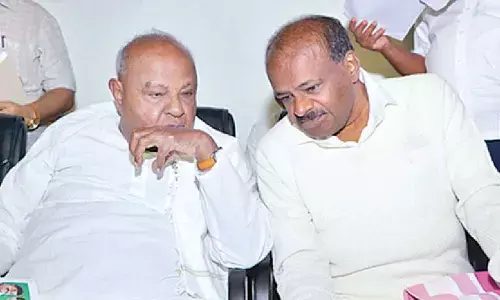Outcry over Hindi has political undercurrents
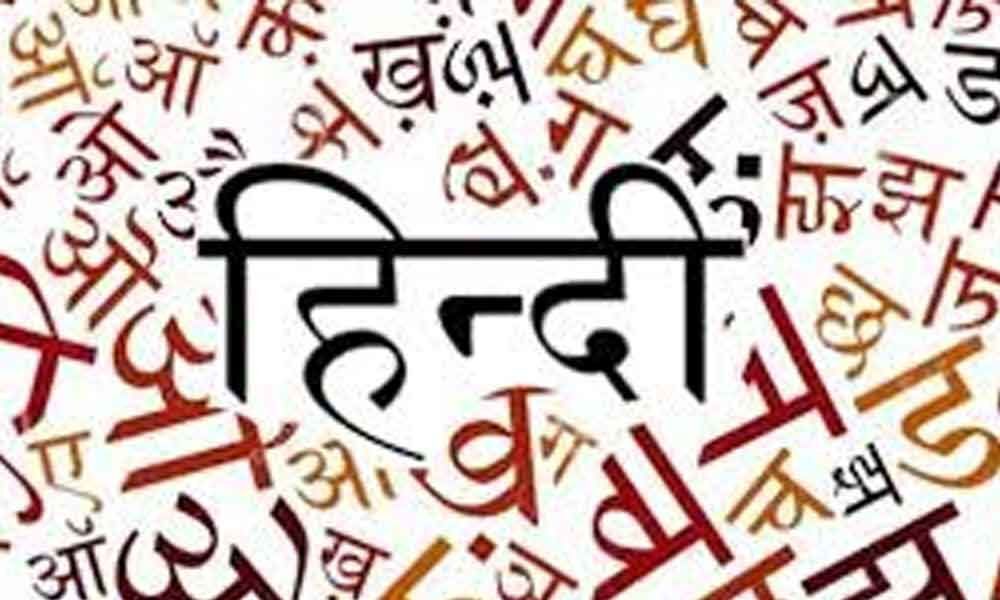
The outcry over the three-language plan to compel pupils in the South to learn Hindi, forced the Centre to make changes in its draft NEP 2019 and remove the controversial Hindi clause.
The outcry over the three-language plan to compel pupils in the South to learn Hindi, forced the Centre to make changes in its draft NEP 2019 and remove the controversial Hindi clause.
However, Hindi — and contrary to Tamil Nadu's avowed two-language (Tamil and English) policy — has been "imposed" long before it was mooted in the NEP. The Central schools have always had Hindi, including as a medium of instruction for certain subjects.
Schools under the CBSE have "imposed" Hindi one way or another, particularly from 2016 when both Hindi and Tamil became compulsory from Class I to VIII. When some parents objected, the schools showed a CBSE circular that made Hindi mandatory.
Instead of resisting this imposition, the State balanced it by making Tamil also compulsory. Many DMK leaders, such as office bearers, MLAs and their family members are running schools where Hindi is compulsory. So much for the Kazhagams' posture of being champions of Tamil and English and anti-Hindi crusaders.
This time, the parties were driven by compulsions arising out of the elections in which all were losers. The BJP drew a blank. The AIADMK got one Lok Sabha seat.
The 37 seats won by the DMK-Congress alliance, did not lead to office either at the Centre or the State, as the DMK could not win a majority of the assembly by-elections to oust the ruling AIADMK.
In the event, DMK chief MK Stalin had to demonstrate his post-election strength by raising his voice against Hindi imposition. When one Kazhagam does it, others have to necessarily follow suit.
Harini Srinivasan, Kothapet, Hyderabad










